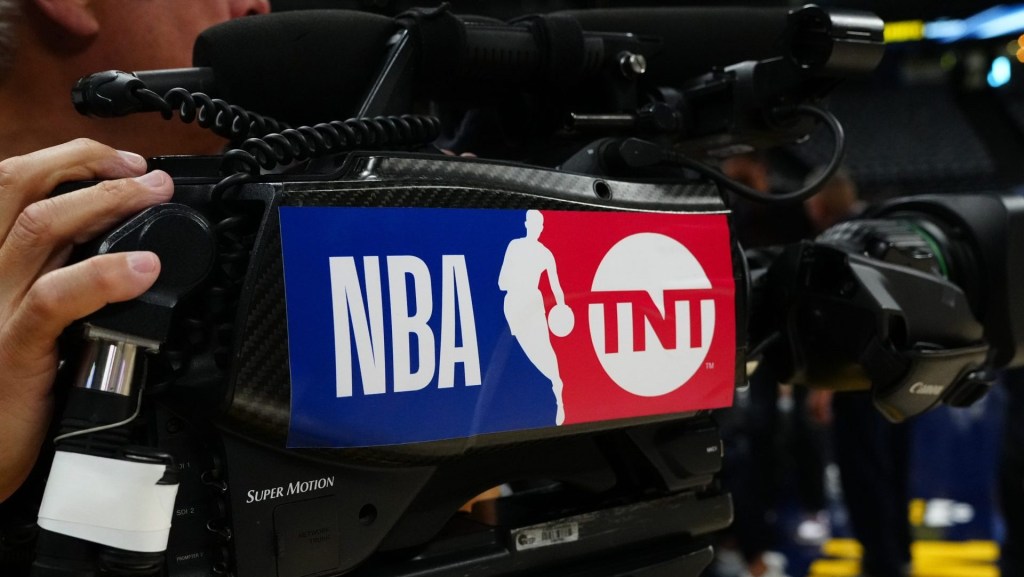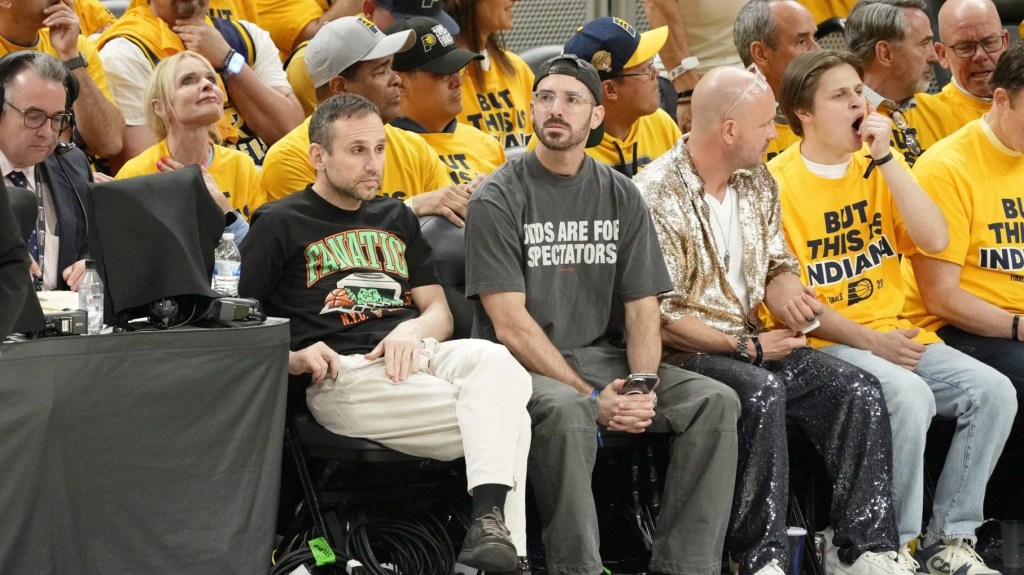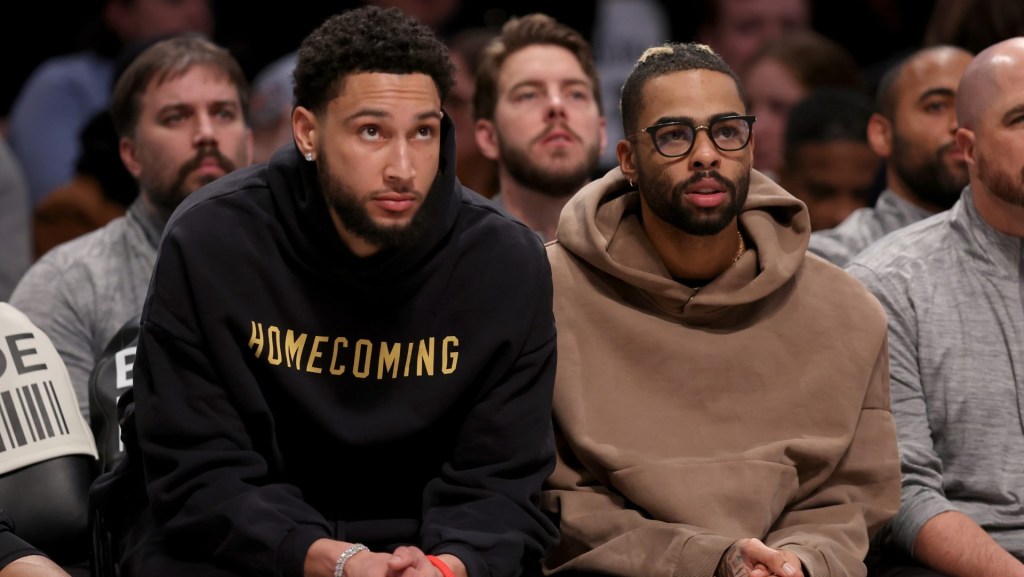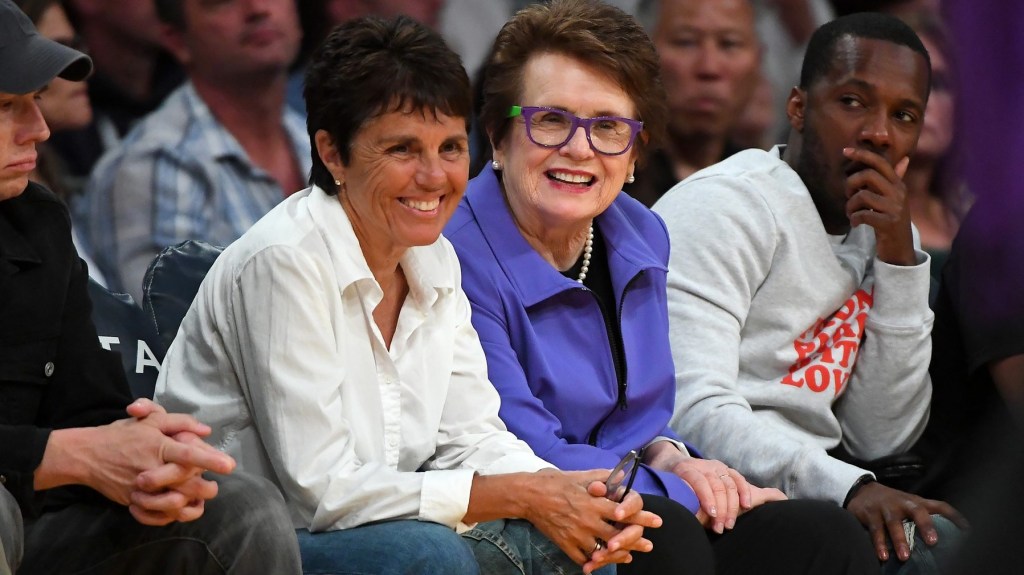German sportswear brand Adidas took a major hit amid the COVID-19 pandemic in the second quarter of its 2020 fiscal year, but online sales and recent stores reopening are giving the company reason for optimism.
Adidas recorded a net loss of $362 million in the quarter, compared to last year’s gains of nearly $550 million for the same quarter, according to its earnings report. Revenue dropped 35% to $4.24 billion.
Online sales, however – which account for one-third of the company’s business – skyrocketed 93%. Overall, Adidas-specific sales fell 33%, while Reebok’s revenue fell 42%.
“The past quarter brought unprecedented challenges for our business as large parts of the world were in lockdown,” CEO Kasper Rorsted said in a statement. “We addressed the challenges and went after opportunities, as reflected in our e-com business nearly doubling in Q2. We are now seeing the light at the end of the tunnel as the normalization in the physical business continues, with the vast majority of our stores being operational again.”
As of April, 70% of the company’s brick-and-mortar stores were closed worldwide. Adidas began reopening some stores in May, and by the end of June, 83% were operational, though some with reduced hours. As of the earnings announcement, 92% of stores were reopened.
The company predicts that its third quarter revenues will still be down, but by a mid-to-high-single-digits rate compared to last year. Adidas’ first-quarter earnings, which reflected about a month of the pandemic’s impact, showed a 19% decline in sales, with net income down 96% from a year earlier.
“From everything we know today, our recovery will continue in Q3. Where we are open for business, be it in physical stores or in the digital space, consumer demand for our products is high,” Rorsted added. “This is a solid foundation to build on as the long-term growth prospects for the industry have become even more promising.”
Additionally, in a survey conducted by the company, Adidas found that about 50% of 18 to 34-year-olds plan to exercise more as a result of the pandemic, and about 75% of surveyed companies plan to shift their employees to remote full-time even after the pandemic. The first finding could point to a boost to fitness gear and the second, a boost to athleisure wear.






![[Subscription Customers Only] Jun 15, 2025; Seattle, Washington, USA; Botafogo owner John Textor inside the stadium before the match during a group stage match of the 2025 FIFA Club World Cup at Lumen Field.](https://frontofficesports.com/wp-content/uploads/2026/02/USATSI_26465842_168416386_lowres-scaled.jpg?quality=100&w=1024)
![[Subscription Customers Only] Jul 13, 2025; East Rutherford, New Jersey, USA; Chelsea FC midfielder Cole Palmer (10) celebrates winning the final of the 2025 FIFA Club World Cup at MetLife Stadium](https://frontofficesports.com/wp-content/uploads/2026/02/USATSI_26636703-scaled-e1770932227605.jpg?quality=100&w=1024)









